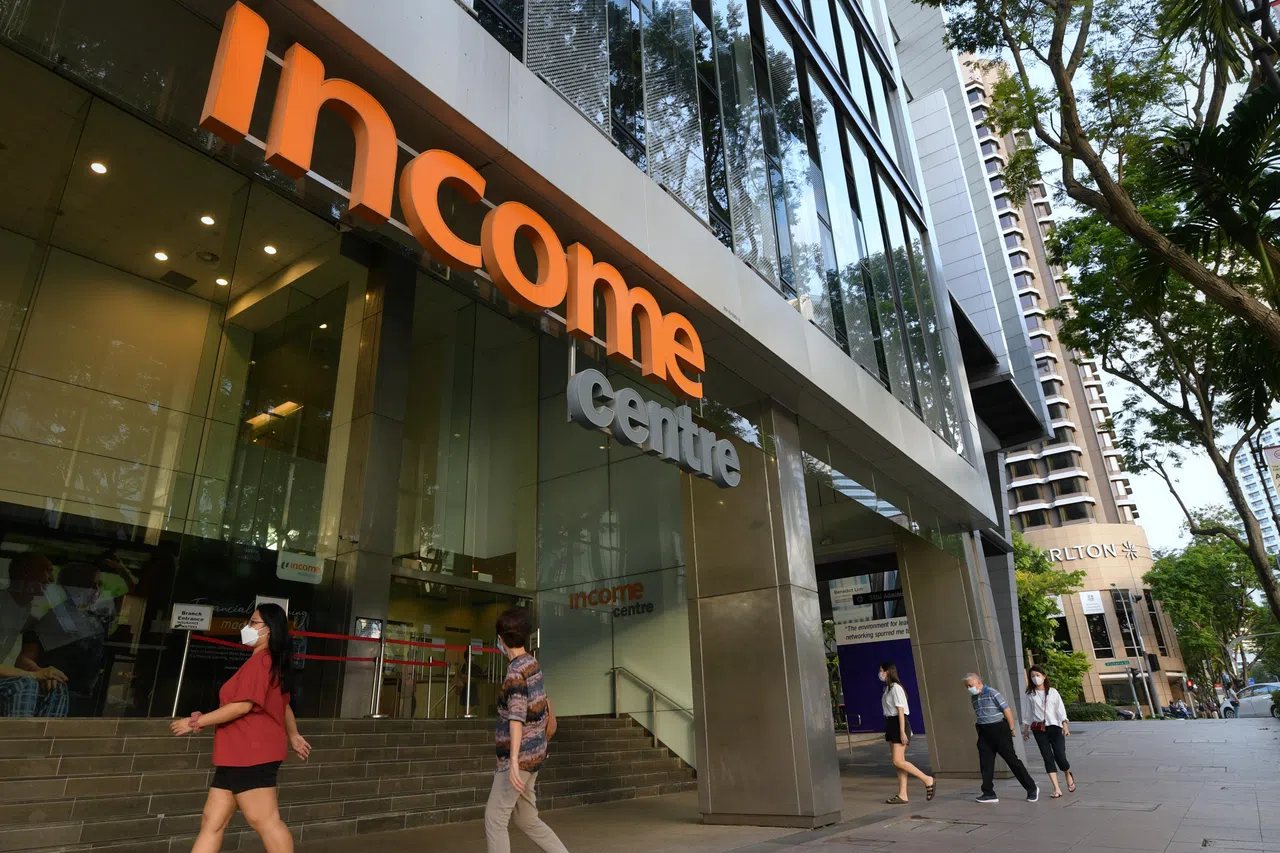Why Income investors are finding it hard to cash out
COMPARED to buying or selling stocks on the Singapore Exchange, the process of transacting shares in a public non-listed company can be a little more daunting and complex.
This is also why shareholders of Income Insurance have been raising questions on how to liquidate their investment in the company of late.
Formerly known as NTUC Income Insurance Co-operative, the Singapore-based composite insurer transitioned to operating as a public non-listed entity in 2022 following the completion of its corporatisation exercise.
This means that while members of the public may own shares in Income, trading of its securities typically takes place between two parties such as the investor and the company itself, instead of on a stock exchange.
Prior to becoming Income Insurance, NTUC Income Insurance Co-operative’s previous structure allowed the co-op’s shareholders to redeem their shares at par value of S$10 each. These same shareholders received an equivalent number of Income shares on a one-for-one basis during the 2022 corporatisation exercise, though the option to redeem their shares through the previous structure was no longer available.
How may Income investors monetise their shares?
A spokesperson for Income told The Straits Times that Income shares could be traded on a willing buyer, willing seller basis at a price agreed upon by both parties. Shareholders, however, said this process could take months considering the time it would take to find an interested party up until completion of the transaction, ST reported on Wednesday (Jul 10).
BT in your inbox
Start and end each day with the latest news stories and analyses delivered straight to your inbox.
Income’s shares were recently listed on private exchange Alta through the platform’s partnership with Phillip Capital, dubbed the Income Insurance Share Liquidity Program. Only registered clients of Alta who are accredited investors are given the option to sell or buy the company’s shares on the platform.
Why may it be hard for Income shares to be sold on Alta?
Under the Monetary Authority of Singapore’s (MAS) criteria, individuals applying to qualify as an accredited investor in Singapore should own net assets exceeding S$2 million in value, net financial assets amounting to at least S$1 million, or earn a net income of at least S$300,000 over the last 12 months. Income shareholders who spoke to ST believed it was therefore unlikely for “mom-and-pop” investors to meet such criteria.
What does the share liquidity programme entail?
The Income Insurance Share Liquidity Program is exclusively offered by Phillip Securities, a subsidiary of Phillip Capital, for Income investors to liquidate their shares in the company. As Phillip Securities provides the service independently of Income Insurance, the latter company does not have control over the programme.
The first tranche of the programme was launched on Jan 11 this year and closed on Jan 27. Shareholders of Income were invited to transfer their shares’ custody and submit sell orders to Phillip Securities during this period. On May 3, the brokerage reported that it executed over S$3.5 million worth of Income shares over the first tranche. Details of the initiative’s second tranche have yet to be announced.
Information transparency and timing
Another issue faced by Income shareholders is how much to sell their shares for, as there is no publicly available real-time data on the stock’s trading activity, including bid and ask prices.
While one may attempt to evaluate the company through its net asset value (NAV), information on this metric is only accurate at the time of publishing. For instance, the last known NAV per share estimate provided by Income was S$29.55 as at end-December 2023, as indicated in the company’s first annual report as a public non-listed entity.
Investors may also keep their ears to the ground for valuation estimates issued by independent brokerages, though the timing of such releases may be infrequent. In Income’s case, the last publicly available per-share value projection of the company’s per-share value was S$19.74, made by Phillip Capital in a January 2024 report.

